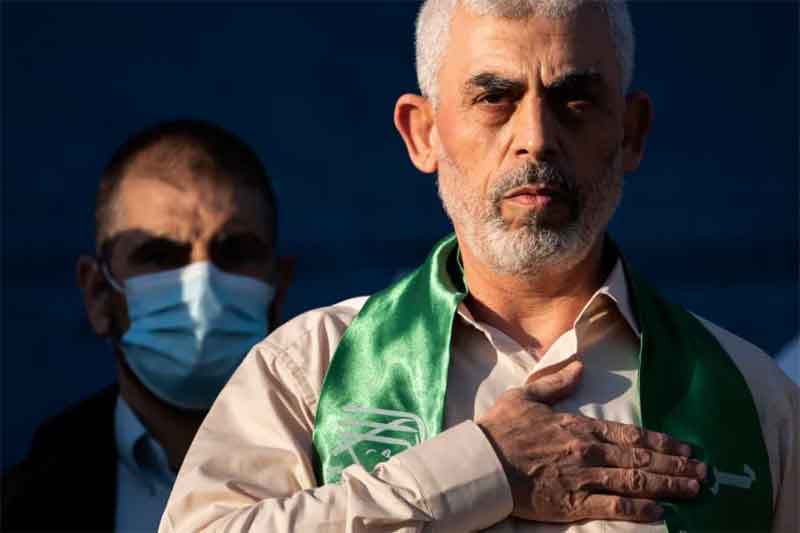
In the time of heroes, history records names that never die with their bodies, but remain alive with every step toward freedom. In Fairouz’s play Jibal Al-Sawan, the hero dies at the city gate while fighting, and his daughter cries out to the occupier, (My father has died, but the idea of liberation remains.) That same idea, the idea of undying freedom, echoed amidst the deep sorrow that spread across Palestine when the leader Yahya Sinwar was martyred.
Sinwar died as heroes do, with his rifle in hand, defending his people in the face of a massacre that stands among the greatest in modern history. Despite being wounded in the shoulder, he bandaged his injury and continued the fight. When the drones came to finish the battle, he attacked them with a stick, refusing to surrender. He died like the heroes of ancient legends, but his death was not the end.
History may not write about a single bullet, but it records the moments that ignite the fire of resistance and push events toward significant change. History is the accumulation of events, and in the end, it must lead to a happy conclusion, even if that conclusion is not visible now in a world dominated by international injustice, where America blocks every step toward justice in Palestine.
As for the Zionists, they deluded themselves into believing they had won, speaking of reshaping the Middle East and about the (day after,) without realizing that this day has not yet ended, and that the day of resistance is long and ongoing.
Yahya Sinwar, like the story of Palestine itself, was born to a family expelled from its land in 1948, and he spent half of his life in Israeli prisons, with the other half fighting the occupation. America labeled him a terrorist, just as they had once labeled Nelson Mandela. But history does not follow the desires of the great powers; if it did, the occupiers would rule the world.
Subscribe to Our Newsletter
Get the latest CounterCurrents updates delivered straight to your inbox.
Sinwar, like others before him, such as Ismail Haniyeh and dozens of other leaders assassinated by Israel, passed away. Yet, each time a leader is killed, another rises to continue the journey. This is the unchanging truth: the flame of freedom does not extinguish with the death of one person, no matter how significant they are.
Sinwar, like Hassan Nasrallah, is a hero who belongs to the (time of heroes in miserly days,) as Fairouz described them. These are truly miserly days, overwhelmingly dark. But as the saying goes: (The darker the night, the closer the dawn.)
Salim Nazzal is a Palestinian Norwegian researcher, lecturer playwright and poet, wrote more than 17 books such as Perspectives on thought, culture and political sociology, in thought, culture and ideology, the road to Baghdad









































